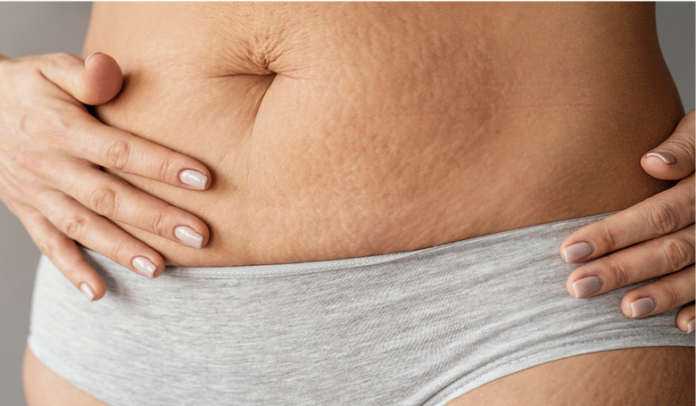After undergoing tummy tuck surgery, you may have achieved a flatter stomach, a contoured waist, smoother skin, and improved muscle tone, which says your surgery has done wonders for your body. However, you may also be concerned about the scars that you get from the procedure, particularly in the pelvic area, belly button, and lower abdomen.
It’s important to remember that scars are a natural part of any surgical procedure that involves incisions. Fortunately, there are several steps you should take to minimize the appearance of your tummy tuck scars and make them less noticeable. In this post, we’ll list some steps you can take to achieve visibly reduced scars and feel more confident about your post-surgery appearance.
Before your Surgery to Minimise Scars
Choose an Experienced Plastic Surgeon
When it comes to tummy tuck surgery, a qualified and skilled plastic surgeon will strategically place the incision across the lower abdomen. This incision line placement creates a scar that can be easily hidden under your clothing and undergarments, providing you with the desired aesthetic outcome. Additionally, a scar that is situated on your lower abdomen can make it easier to protect it from the sun. Exposure to harmful UVA and UVB rays can darken the appearance of your scar and compromise healing.
Avoid Smoking Before Having your Plastic Surgery
After the tummy tuck, your body is going through physical trauma and needs every resource to heal and repair itself. But smoking is a big NO-NO for patients planning their cosmetic surgery procedures as it can interfere with the bloodstream, which can lead to extreme complications like infections, tissue death, or wound breakdown, which can give you a poor result from your cosmetic surgery procedure. The patients will quit smoking for at least 6 weeks before the operation and for 6 weeks postoperatively.
After your Surgery to Minimise Scars
Adhering to your Surgeon’s Post-Surgery Instructions
After surgery, following your surgeon’s instructions is critical to achieving the best possible outcome and ensuring that your scar fades over time.
Your surgeon is likely to provide specific guidelines for your recovery, which may include dietary recommendations. A healthy, balanced diet that includes fresh fruits and vegetables, as well as plenty of water, can aid in the healing process and help to reduce scarring.
Additionally, your surgeon is likely to recommend that you avoid strenuous exercise or heavy lifting for approximately six weeks after your surgery. During this time, light walking can be an excellent form of exercise, while any activity that involves your front core muscles, such as lifting, should be avoided. You should also wear a binding garment during this period to aid in the healing process.
Protect your Incision Site for Proper Wound Care
Proper care of your incision site is crucial for preventing infections and ensuring the best possible outcome from your surgery. You can keep your scar clean and maintain hygiene with regular bathing or showering. But you should avoid it for two to three days after the surgery, as showering immediately after the procedure may have an adverse effect on your healing. During this time, you can take only a sponge bath. After completing 48 hours, you have to take a shower every day to keep the area clean.
Take Care of your Skin
To ensure optimal healing and improve the appearance of your skin after surgery, it’s crucial to take care of your skin properly. You can start applying vitamin E or Bio-Oil™ directly to your scars only after the incisions have closed. By doing so, you can keep ultimately, your scar is more likely to have a smoother, flatter appearance. It’s recommended to use pure vitamin E oil and apply it to your scar daily for the first few months following surgery.
Plus, you also use sunscreen with an SPF of 30 or more and limit your time in direct sunlight during the first few months of your recovery. Scars are vulnerable to darkening when exposed to the sun, so it’s best to avoid sun exposure or apply sunscreen regularly.
The Bottom Line
A tummy tuck scar is a normal side effect of abdominoplasty. However, you may want to minimize the appearance of a noticeable tummy tuck scar. Taking care of your skin and incision site and following your surgeon’s instructions can greatly improve the severity of the scarring and the final outcome of your surgery. Proper nutrition, hydration, and protection from the sun are essential factors that can also positively affect the healing process.

















